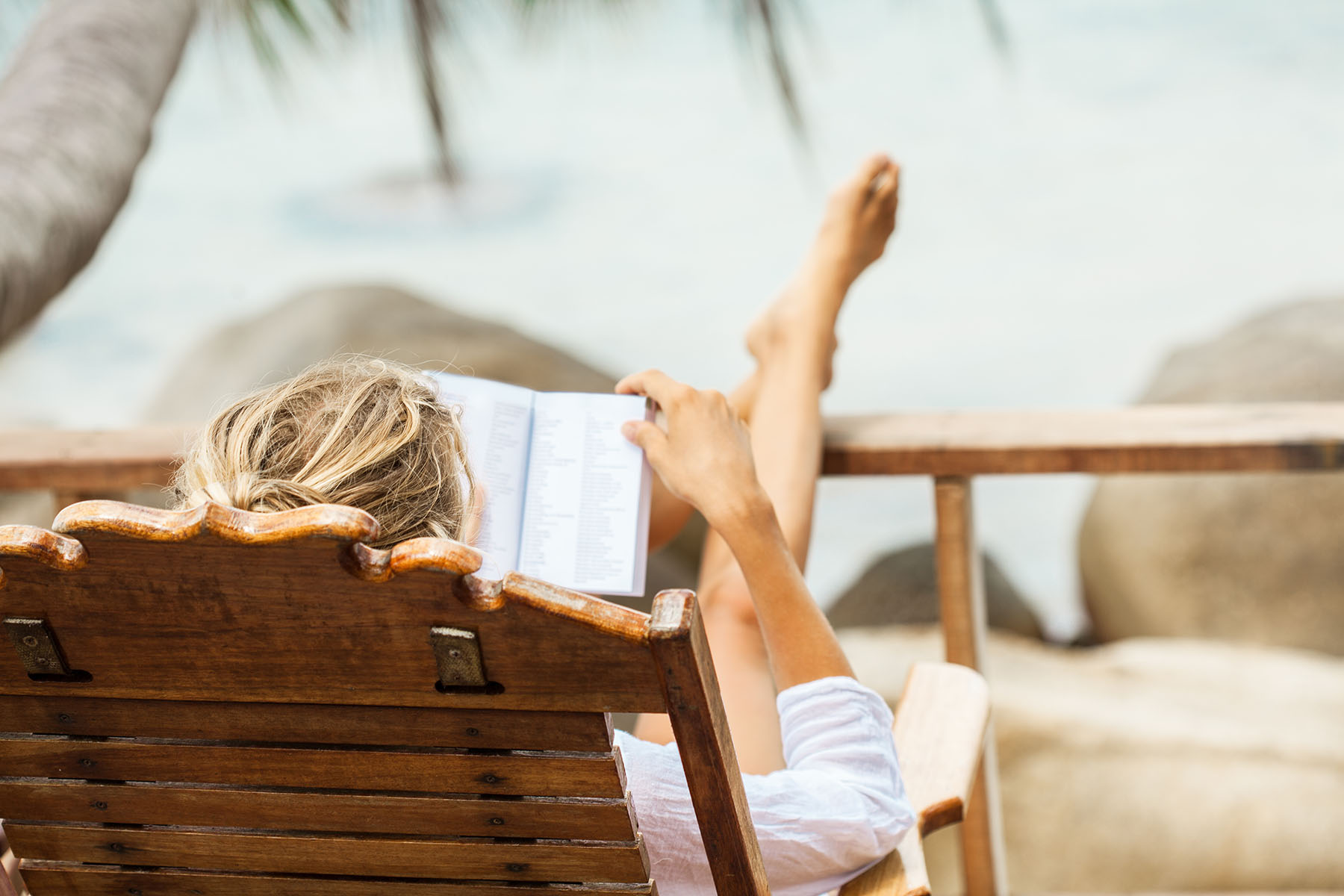Vacation: It’s What the Doctor Orders

Vacation? What’s that?
If you’re like more than half of all Americans — 54 percent, according to various studies — you didn’t use all the paid days off your employer allowed last year. Worse yet, about one in 10 of you took no vacation at all.
This means American worker bees returned 206 million vacation days, worth $66.5 billion, to their employers’ pockets in 2016. Shame, shame shame.
Physicians and mental health specialists agree that separating from the work environment for a couple of days — or a couple of weeks — provides a host of benefits that, ultimately, can improve both your attitude and your job performance. I know that from personal experience. A recent eight-day river cruise recharged my creative battery and I returned home excited to pick up where I left off in my writing. In fact, letting knotty prose problems simmer far from the office allowed me to see them in an entirely different light.
It’s common sense that if you’re able to unwind and change scenery, you come back to work with a different perspective.
“I would say that at least half of my working patients are stressed out and over-committed not just to their job but also in trying to balance work and family responsibilities,” says Dr. Robert Schwartz, head of family medicine at the University of Miami Health System. “I’m a big proponent of allowing yourself to gear down from those responsibilities. You need to take time off not just from work but also from family.”
Schwartz gives some impressive reasons for the necessity of vacation. First and foremost, time away can reduce stress. By separating from stressors, it is easier to relax. Vacation can also give you extra time to catch up on sleep or help you reset the bad habits — staying up late to work, checking on your emails one last time — that tend to disrupt sleep. Finally, vacations can actually make you more productive when you return.
It’s common sense that if you’re able to unwind and change scenery, you come back to work with a different perspective,” said Schwartz. In short, you return refreshed, renewed, recharged — as I did.
Research proves this.
An American Psychological Association study found that vacations reduce stress by detaching workers from stressful environments and activities.
The Framingham Heart Study showed that men who let unused vacation time pile up for several years were 30 percent more likely to have heart attacks. Women who took rare vacations (once every six years or less) also were almost eight times more likely to develop coronary heart disease or have a heart attack.
But not all vacations are created equal, of course.
So here are some suggestions from Schwartz to make the best of your time off:
- Unplug. Two-thirds of us actually work while on vacation — not a good idea. Too many people “are hooked to their laptop or their smart phone,” he explains. “If you take your life with you, you’re going to enjoy your vacation less. You’re not really getting away.”
- Figure out how much time you need to de-stress. Schwartz says his optimal time is seven to 10 days. More days only make him antsy to be back at work. For some people, taking just a day or two is enough.
- Manage your health while on vacation. Too often people overeat and overdrink, then return home to pay the consequences. “When on vacation, you still have to use your best judgment,” he adds.
- Pick the appropriate activities for your age and physical condition. Schwartz witnessed an older man “who was not in the appropriate physical condition” suffer a fatal heart attack when he went diving in Australia. While this is an extreme example, many a weekend warrior has returned with a pulled muscle or some other kind of injury.
- Cut the craziness that precedes and follows vacation by getting organized and planning ahead as much as possible. Accept that re-entry always requires extra effort and hours. This, Schwartz says, may encourage you to learn mindfulness habits by taking up meditation, yoga and mind/body classes
- Staycations can work if you don’t devote all your time to catching up with your To-Do list. “We live in Paradise, but most people don’t take advantage of that,” he adds. “Make a concerted effort to go out and enjoy what the city has to offer.”

Ana Veciana-Suarez, Guest Contributor
Ana is a regular contributor for the University of Miami Health System. She is a renowned journalist and author, who has worked at The Miami Herald, The Miami News and The Palm Beach Post. Visit her website at anavecianasuarez.com or follow @AnaVeciana on Twitter.
Tags: Ana Veciana Suarez, Dr. Robert Schwartz, Framingham Heart Study, heart health, In Their Words, stress, vacation
